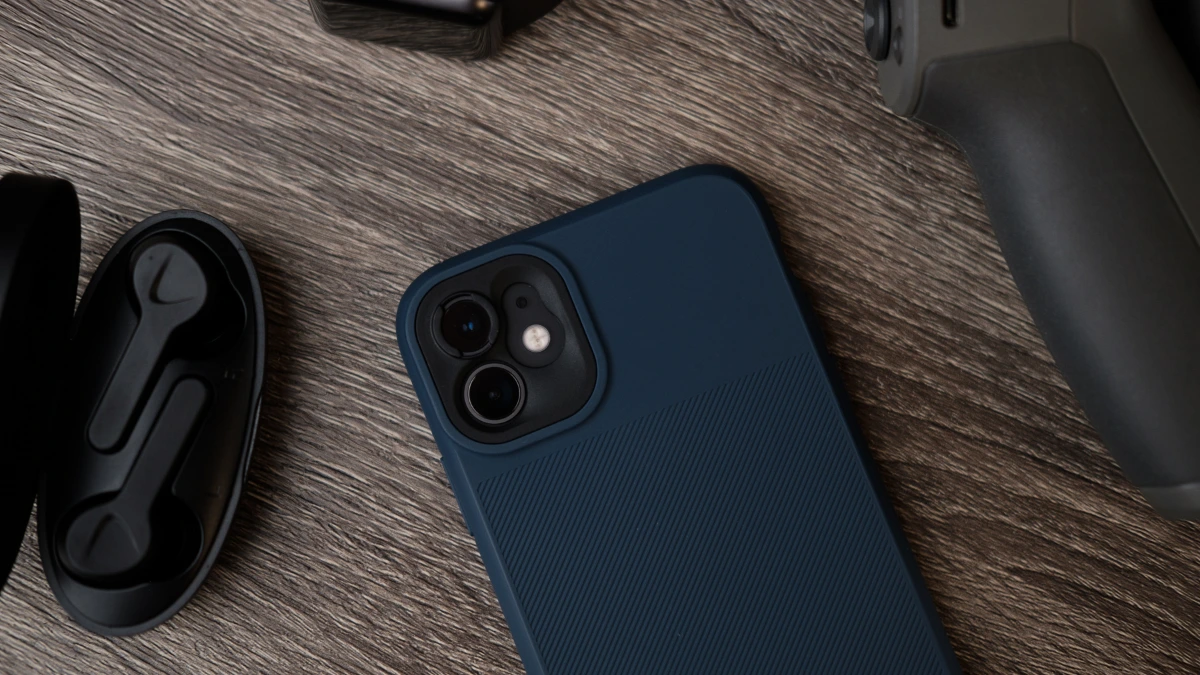The sample requirements for Indonesia type approval and certification for wireless and telecom products have undergone major changes since the enactment of Minister of Communication and Information Technology Regulation Number 7 of 2018 concerning Electronically Integrated Business Licensing.
The institution that manages sample requirements for type approval certification for wireless and telecom products in Indonesia is DJID (Directorate General of Digital Infrastructure).
This article will give you the information about the testing process of Indonesia type approval and certification for wireless and telecom products.
The Testing Process of Indonesia Type Approval for Wireless
DJID now requires EMC (Electromagnetic Compatibility) testing for all technologies and electrical safety testing for products using direct AC power.
The type approval certification for wireless and telecom products sample requirements process is divided into two main categories, namely samples for RF (Radio Frequency) testing and samples for EMC and electrical safety testing. These DJID sample requirements must be met for the product to be approved.
Sample Requirements for RF Tests

In order to fulfill certification for wireless and telecom products, manufacturers need to prepare products as samples that will be tested in accordance with applicable regulations at accredited laboratories, such as Balai Besar Pengujian Perangkat Telekomunikasi (BBPPT), HCT Indonesia, Bureau Veritas Indonesia, and Sucofindo.
Here are sample conditions for RF tests:
1. Products in finished form
Samples must be finished products (end products), not just modules or printed circuit boards (PCBs). For example, if you want to test a printer, the sample must be the complete printer, not just the RF module or circuit board inside.
2. RF connector
For technologies such as WLAN 2.4 and 5 GHz, ZigBee, Bluetooth, RFID 920–923 MHz, and other Power devices, the DJID sample requirements require the device to be in conducting mode with an RF cable (SMA male/female) attached to the device.
3. Testing software (test software)
For the test process to run smoothly, test software that allows control of radio frequency transmission needs to be provided. This software can be installed directly on the sample or operated via a laptop.
The testing laboratory will carry out tests on the up channel and the bottom channel, so this software must be able to control transmission on one channel continuously with modulated waves.
4. Testing procedures (SOP)
SOPs (Standard Operating Procedures) in PDF or Word form should be included to explain how to prepare samples and run the testing software. This is an important part of the DJID sample requirements to ensure the testing process is up to standard.
5. Label the sample
Each sample submitted for RF testing must be labeled with the equipment name, model, brand, country of origin, and serial number.
6. Low power products (Tx Power <10 mW)
For low-power products, only one sample under normal conditions or in radiation mode is required.
EMC (Electromagnetic Compatibility) and electrical safety testing are an important part of DJID sample requirements to ensure that products are safe and comply with international standards.
The following are sample requirements for EMC and electrical safety tests in laboratories available in Indonesia, such as:
- Badan Pengkajian dan Penerapan Teknologi (BPPT) in Tangerang, Banten.
- B4T Laboratory (Balai Besar Bahan dan Barang Teknik) in Bandung, West Java.
- Industrial Baristand Laboratory in Surabaya, East Java.
- HCT Indonesia in Jakarta.
For EMC and electrical safety testing, samples must be in normal or commercial conditions. This one sample will be used sequentially for both tests.
EMC and Electrical Safety Testing Standards

- EMC Standard: Follows CISPR 32 and EN 301 489 standards.
- Electrical safety standards: Using IEC 60950-1 or IEC 62368-1 standards, with test parameters such as resistance to overvoltage and leakage current testing.
Please note that DJID sample requirements applicable to certification for wireless and telecom products are subject to change in accordance with the latest policies issued by the testing laboratories.
To ensure product compliance with applicable requirements, it is recommended to always check the latest regulations before submitting samples for certification.
Conclusion
Meeting DJID’s sample requirements that certification for wireless and telecom products is an important step for manufacturers and importers to ensure that their products are market-ready in Indonesia.
By ensuring products meet applicable RF, EMC, and electrical safety standards, companies can streamline the certification process and guarantee the safety and quality of their products.
For those of you who want further information regarding requirements or assistance in the certification process, you can contact us directly. We are ready to assist you for obtaining Type Approval Certification for your products. [UN]

